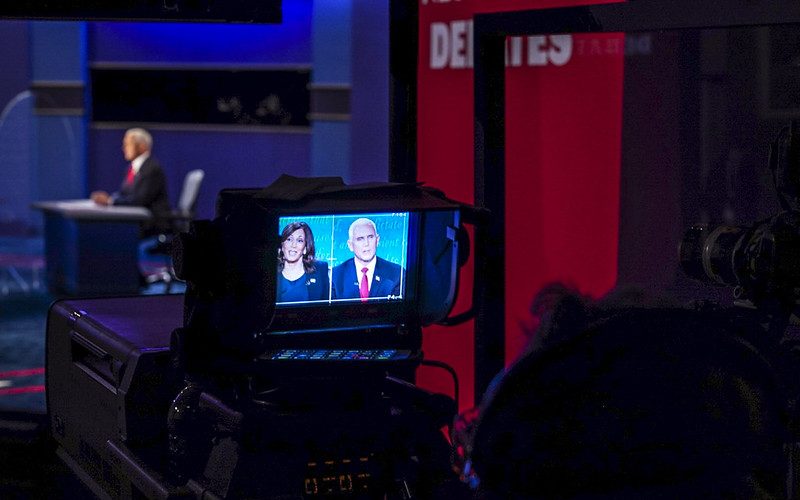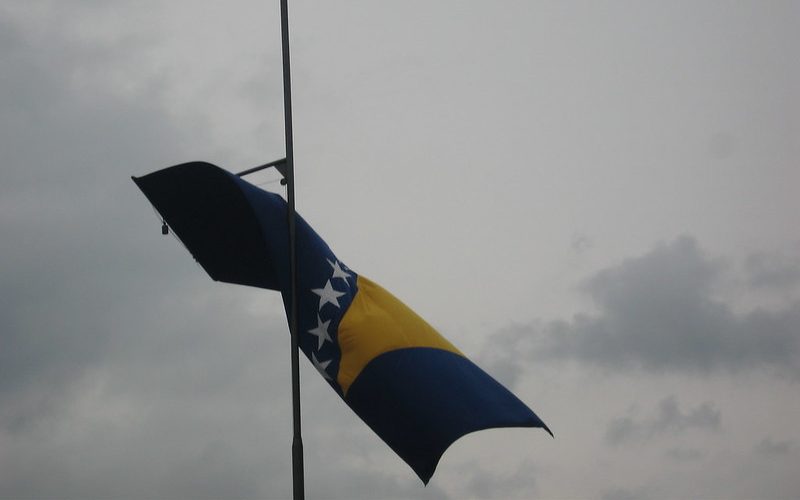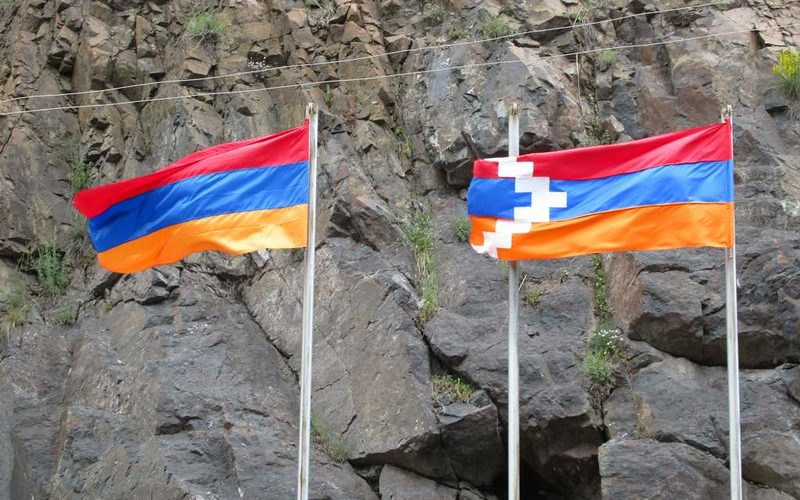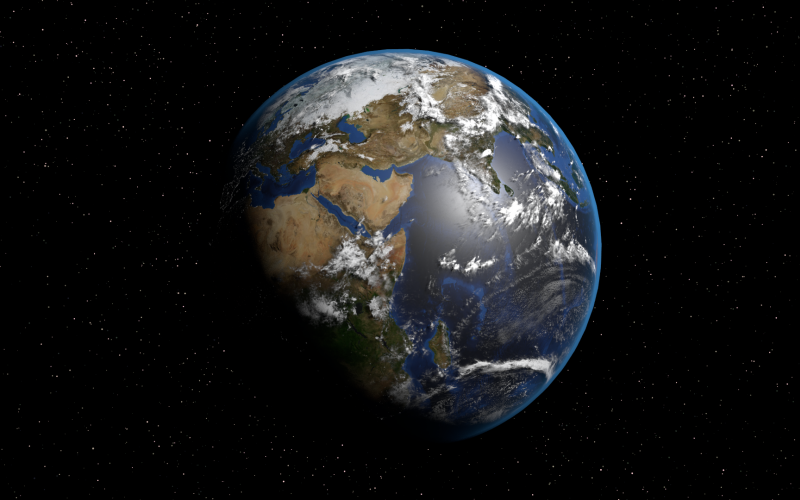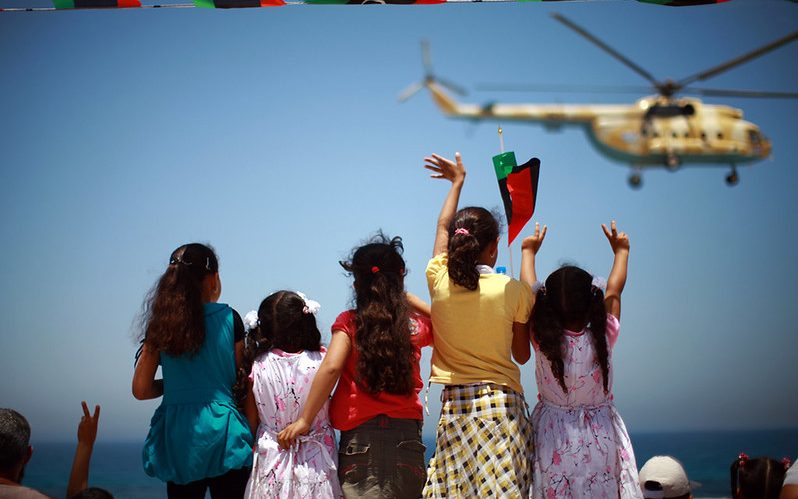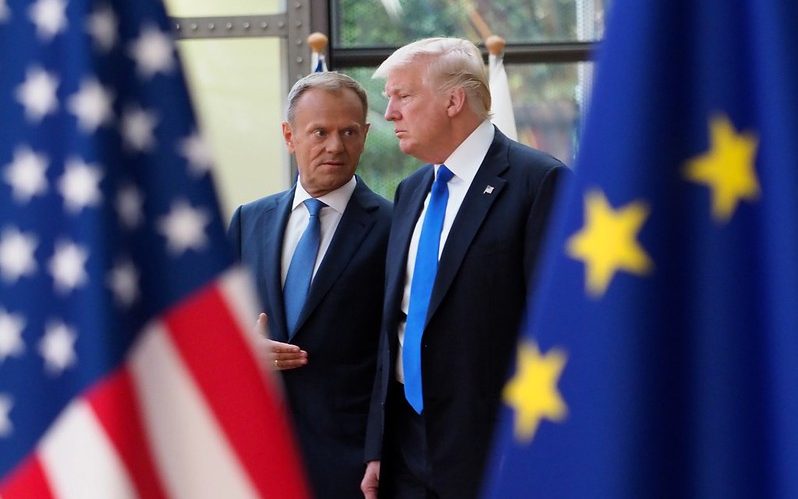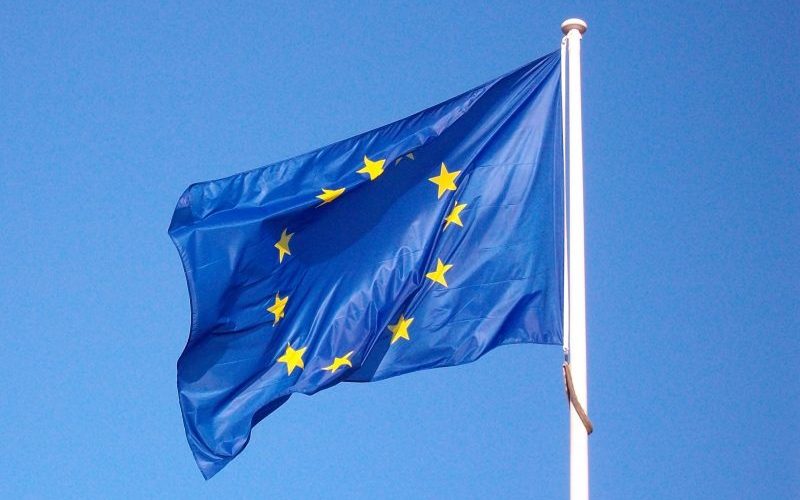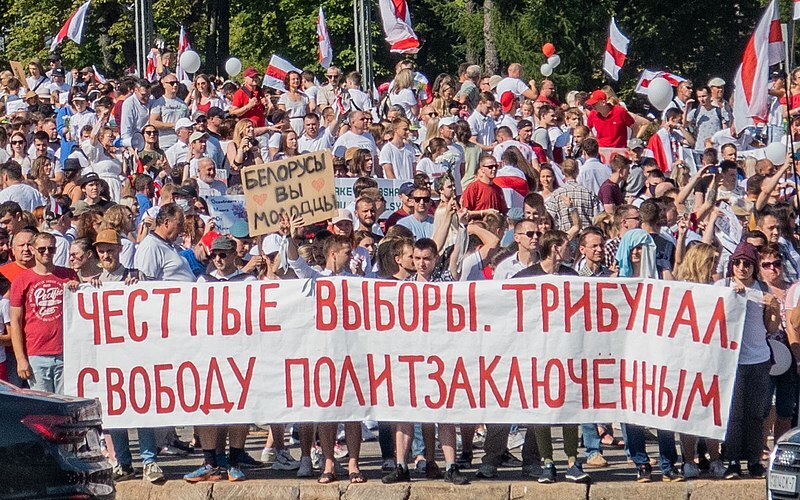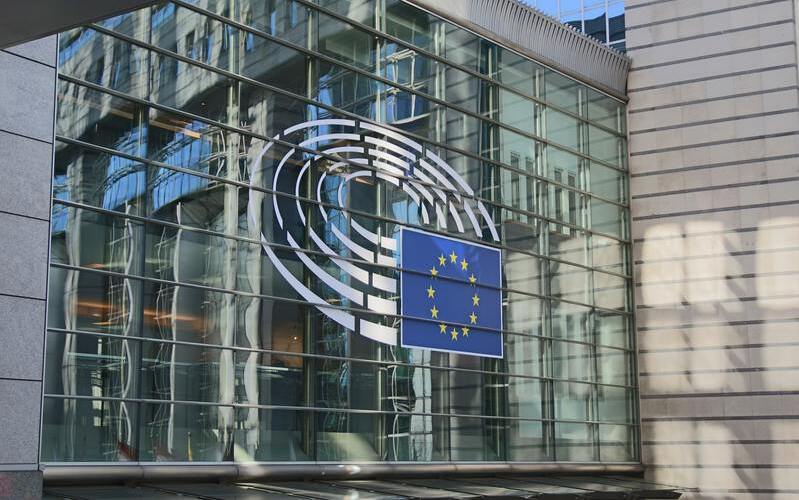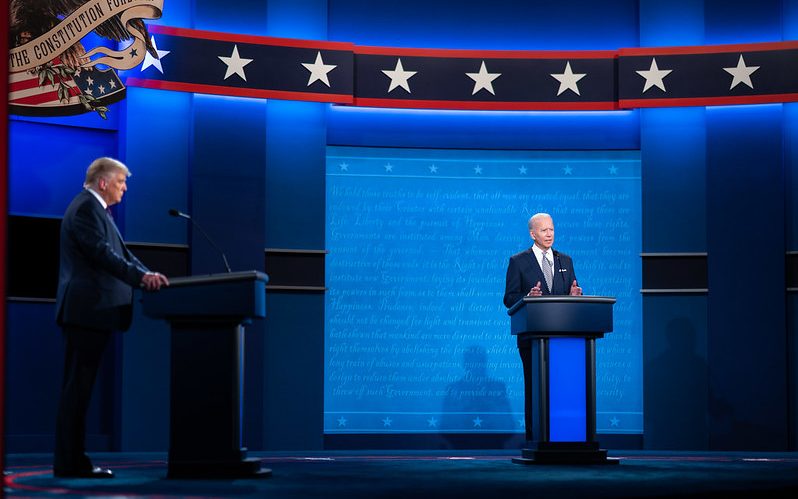
An Analysis of the First 2020 US-Presidential Debate
On Wednesday, 29th September 2020, the first of three presidential debates between President Donald Trump and former Vice-President Joe Biden, took place in Cleveland. The debate was moderated by Chris Wallace of Fox News. The debate covered six topics, amongst others, the economy, the COVID-19 pandemic as well as the integrity of the elections. The debate was characterized by multiple crosstalks, shouting and incoherent answers. While President Trump failed to provide comprehensible answers to questions posed by Wallace, Biden had problems bringing across his message due to continuous interruptions by Trump.

